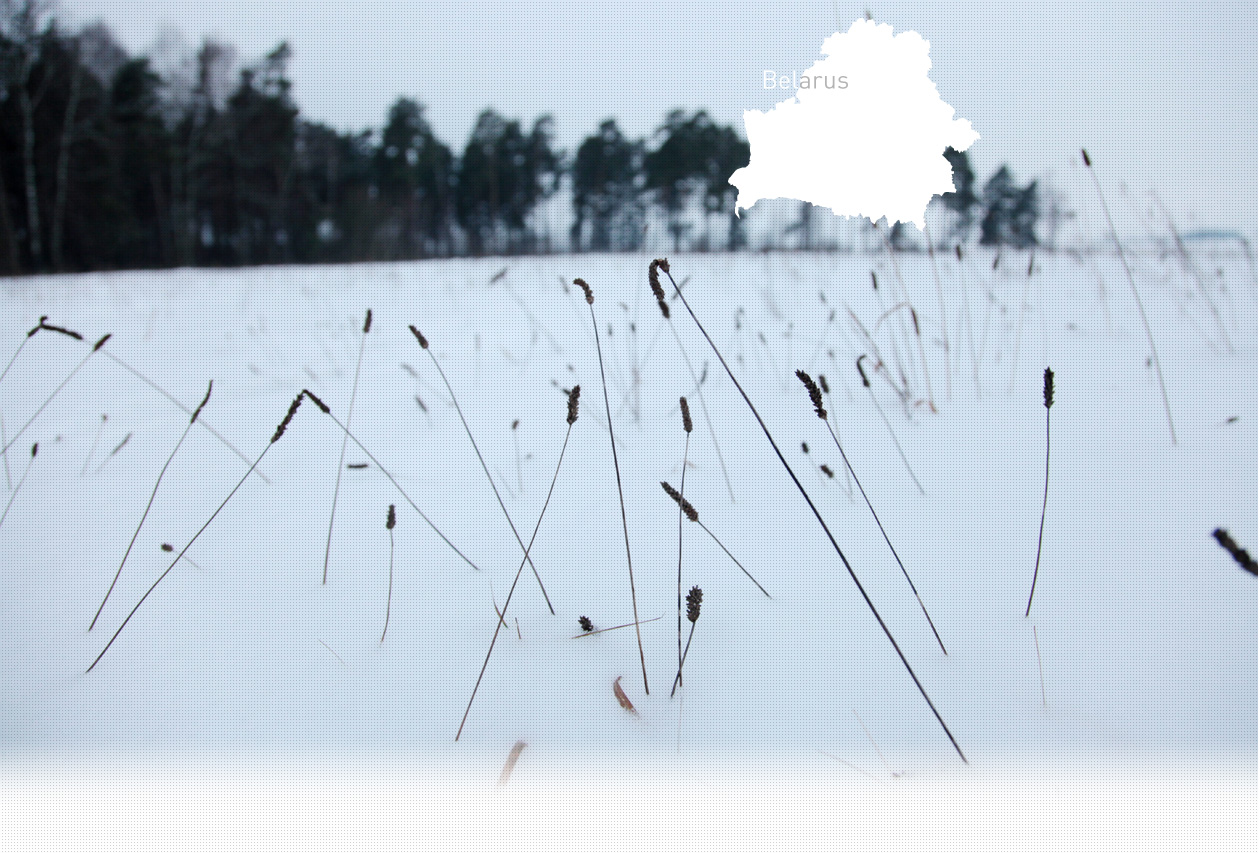

1 Killing site(s)
Galina R., born in 1928: “The ghetto was surrounded by barbed wire and guarded by Germans. […] One day, the ghetto was set on fire and many Jews were burned alive inside of it. Those who attempted to escape or to hide and were found and killed on the spot. I saw their bodies being taken away. Local people who had carts were requisitioned to transport them. Even if they didn’t want to, they didn’t have choice. I don’t know where they were taken. I guess they were all buried in one mass grave. I also remember seeing a German pulling a child from his mothers’ arms, who managed to escape from the fire, and hit him against the sidewalk. […] After that Aktion, we entered the synagogue and there was a lot of blood on the walls and Jewish books were thrown everywhere.”. (Testimony n°71, interviewed in Miory, on July 20, 2008)
“Maria K. declared: "In July 1942, a death squad called the 13rd Regiment-Schutzpolizei numbering from 800 to 1000 men (I don’t know the name of commander of the squad or his rank), arrived in the region alongside the gendarme G. (or H.), Hauptwachmeister of Druya. They organized the execution of Soviet civilians, the majority of whom were Jewish. 125 people were shot in Leonpol and buried at the site of their execution, close to Druya, district of Miory. Two people were shot in Leonpol under the order of H., the chief of the gendarmerie, before being thrown into the west Dvina.
[…]
In May 1942, the German fascist barbarians made the Jewish civilian population of Miory suffer an incredible atrocity. A special SS unit arrived from Glubokoye, gathered all of the Jewish civilian population of the town and surrounding villages at one location, under the pretext of identity verification. Everyone was then confined in the barn and warehouses, from where they were taken in vehicles to the Krokovka forest, 1 km northeast from Miory, and there they were all shot. […]" [Act drawn up from the declarations of local residents on April 19, 1945, by State Extraordinary Commission; RG 22.002M. Fond 7021, Opis 92, Delo 217]
Miory is located 237km from Minsk and about 80km west of Vitebsk on the banks of the Miorskoye Lake. In 1921, there were about 400 Jews in the town. The majority of Jews lived off of small trade. Many worked as artisans or at the local linen or furniture factories. During the 1920s, a couple of Jewish Zionist organizations operated in the town. There were two synagogues and a Jewish cemetery. On the eve of the war, about 725 Jews lived in Miory. The Germans occupied the town on July 2, 1941.
Shortly after Germans’ arriva,l a pogrom was conducted by 30 local Poles headed by a local doctor. During this pogrom, a local rabbi and his wife were killed. Two local Jews were also arrested by Germans and shot in the nearing forest.
After that, all Jews were forced to wear a distinguishing sign. At the beginning it was an armband and later a yellow Star of David. The Jews were also forced to perform different kinds of forced labor during which they were guarded by policemen. At the end of June 1941, a Judenrat (Jewish council) was established in the town.
The ghetto was created in the autumn of 1941 or spring of 1942, and contained not only local Jews but also those brought in from the nearby villages. Even if in the historical sources it is stated that the ghetto was open, local witnesses interviewed by Yahad have stated that the ghetto was fenced in with barbed wire and guarded day and night by policemen and Germans.
The biggest mass execution was conducted on June 2, 1942, by an SS unit assisted by local police. During the liquidation of the ghetto 678 to 800 Jews (different sources give different numbers) were taken to the Krukovka forest where they were shot in the pit dug in advance. There were women, elderly people and children among the victims. About 70-80 Jews managed to escape to the forest, a few of them were shot by Germans on the spot.
Do you have additional information regarding a village that you would like to share with Yahad ?
Please contact us at contact@yahadinunum.org
or by calling Yahad – In Unum at +33 (0) 1 53 20 13 17